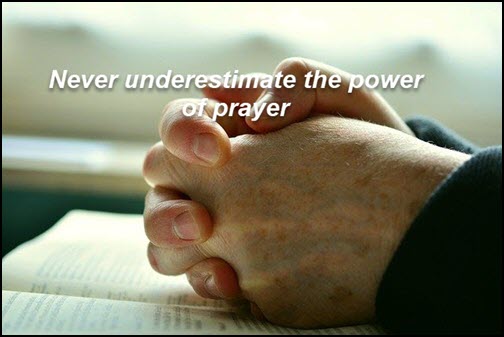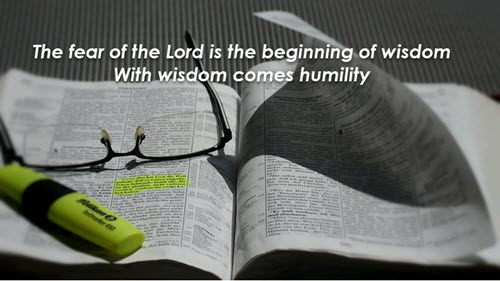Rejection and Decisions
1Sam 13-14 How do we handle rejection? The people rejected Samuel in favor of a king. God reminded him that they were not rejecting him but God Himself. That is a powerful lesson for us to remember when we, too, face rejection. Samuel’s humble character is revealed in how he faced this. He went to […]








